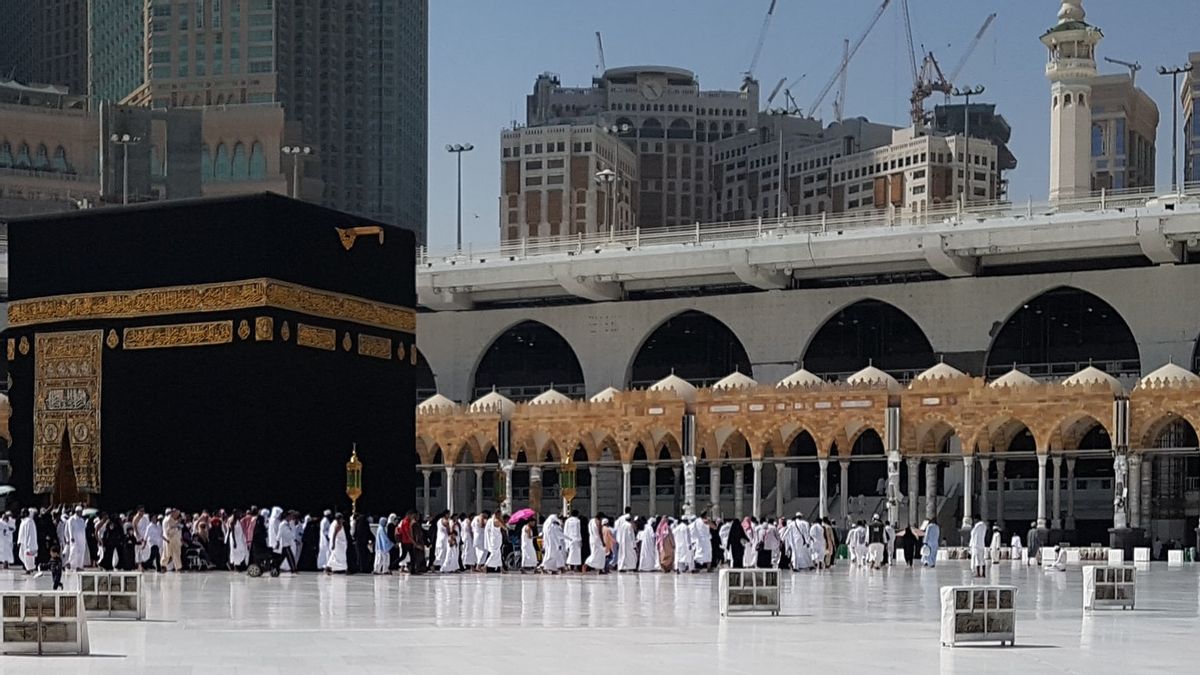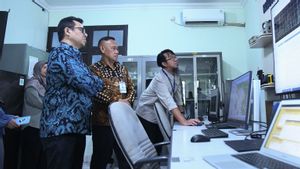JAKARTA - The Ministry of Health has succeeded in reducing the number of Indonesian pilgrims who died while worshiping in Saudi Arabia this year.
According to Antara, who released data from the Ministry of Health's Hajj Health Center on Thursday, July 14, the number of Indonesian pilgrims who died in the Holy Land was 47 out of a total of 93,608 people.
This figure has decreased when compared to data on the implementation of the pilgrimage in the last 15 years. About two people per 1,000 congregations per year, or about 300 to 400 people from a quota of around 220 thousand people per year.
The number of pilgrims who died this year was dominated by cardiovascular disease or heart disease, totaling 25 people, nine people experienced shock, four people had respiratory disease, three others had systemic inflammation, two had malignant neoplasms, one had diabetes mellitus, one had hypoglycemia and the other had edema. lungs.
The Head of the Hajj Health Center at the Ministry of Health, Budi Sylvana, in a virtual press conference, said that evaluations of the health of pilgrims, including obstacles in Saudi Arabia, are carried out routinely every day.
"For example, a high temperature, what therapy needs to be done, we do to the congregation, one of which is with the jargon, Don't Wait To Be Thirsty," he said.
The jargon is to prevent the occurrence of dehydration in prospective pilgrims in the midst of Saudi Arabia's hot temperature of 42-45 degrees Celsius on average. The scorching sun in Saudi Arabia in June and July 2022 is hotter than the 2019 Hajj situation.
Drinking water with a minimum dose of 2 liters per day is effective in preventing the risk of dehydration in Hajj candidates.
In addition, the Ministry of Health has also implemented the Eating Dates Together Movement which is effective in overcoming the incidence of pilgrims who lack appetite due to decreased body stamina or food menus that do not suit their tastes.
Budi said as many as 782 Health Human Resources in Saudi Arabia also routinely monitor the health conditions of the Hajj at all levels of service, from the group, sector, to the Indonesian Hajj Health Office (KHI).
The English, Chinese, Japanese, Arabic, and French versions are automatically generated by the AI. So there may still be inaccuracies in translating, please always see Indonesian as our main language. (system supported by DigitalSiber.id)













